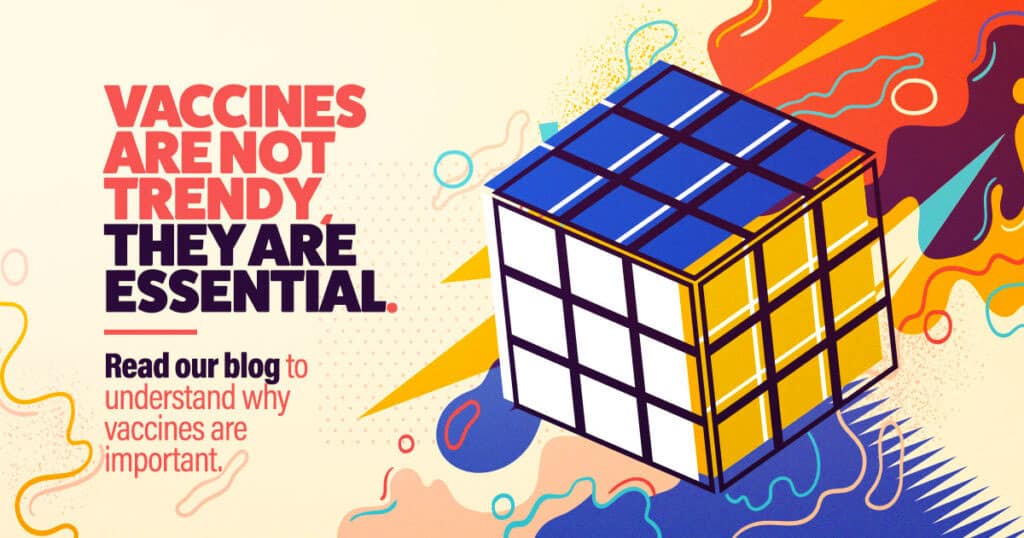
Vaccines are the most important thing we can do for ourselves and our children to protect against various illnesses. They do this by helping prepare our immune systems to fight off infections and prevent disease. Vaccines prevent up to 3 million deaths worldwide. Thus, they aren’t trendy when we think about vaccines; they’re essential.
How Vaccines Work

The COVID-19 pandemic brought more information and attention to vaccines and how we produce them. When we get sick, our immune system sends out special white blood cells that fight against the illness and helps heal the body. Once the body has beaten the virus or disease, other cells in the immune system recognize and remember how this was done in case the body reencounters the same disease.
Vaccines contain weakened or inactive parts of a particular organism. This triggers an immune response within the body to respond the same way it would on its first reaction to the actual pathogen. Newer vaccines contain the blueprint for producing illness-fighting antigens rather than the antigen itself, regardless of whether the vaccine is made up of the antigen itself or the blueprint so that the body will produce the illness-fighting antigens.
Vaccine Types
Scientists take many approaches to develop vaccines. These approaches are based on information about the diseases the vaccine will prevent. Today there are five main types of vaccines we receive in the U.S.:
- Live attenuated vaccines contain a version of the living virus or bacteria that have been weakened so that it does not cause severe disease in people with healthy immune systems.
- Non-live vaccines are made by inactivating, or killing, the germ during the process of making the vaccine.
- Toxoid vaccines prevent diseases caused by bacteria that produce toxins (poisons) in the body. These vaccines are made by killing or weakening the toxins so they cannot cause illness.
- Subunit vaccines include only parts of the virus or bacteria, or subunits, instead of the entire germ.
- Conjugate vaccines fight a type of bacteria that has antigens. These bacteria have antigens with an outer coating of sugar-like substances called polysaccharides. Conjugate vaccines are effective for these types of bacteria because they connect (or conjugate) the polysaccharides to antigens that the immune system responds to very well.

Vaccines are the safest way to protect yourself and your family against certain diseases and prevent serious illnesses. Natural infections can cause severe complications and be deadly, even for diseases that many consider mild, like chickenpox. It is impossible to predict who will get a severe illness that may lead to hospitalization or even death.
Interested in learning more about enrolling in vaccine studies?
All enrolling Studies
Sources:
https://www.cdc.gov/vaccines/hcp/conversations/understanding-vacc-work.html
https://www.who.int/news-room/feature-stories/detail/how-do-vaccines-work
